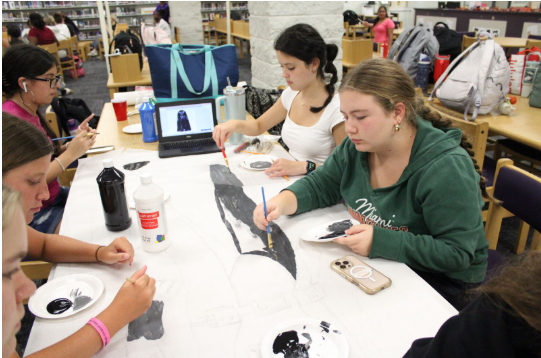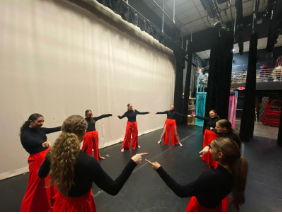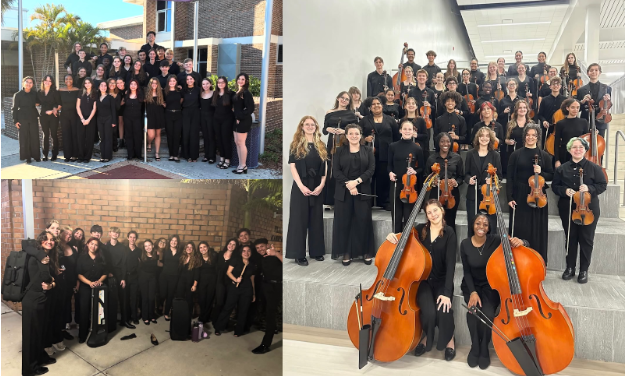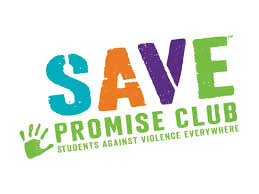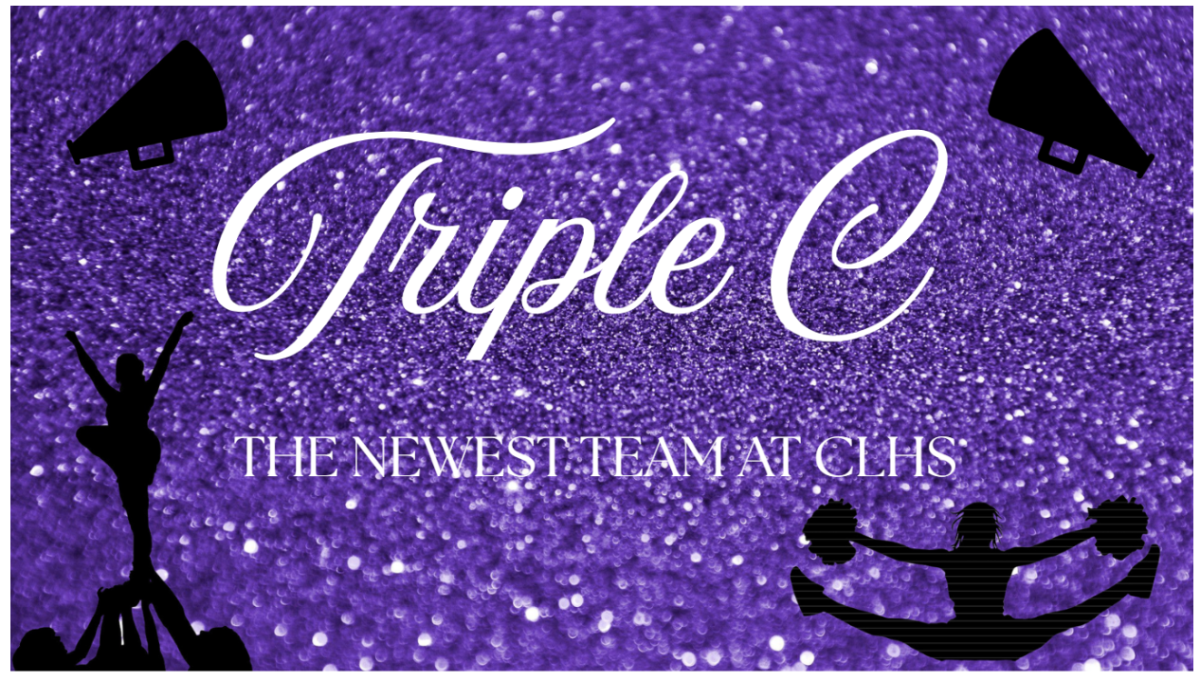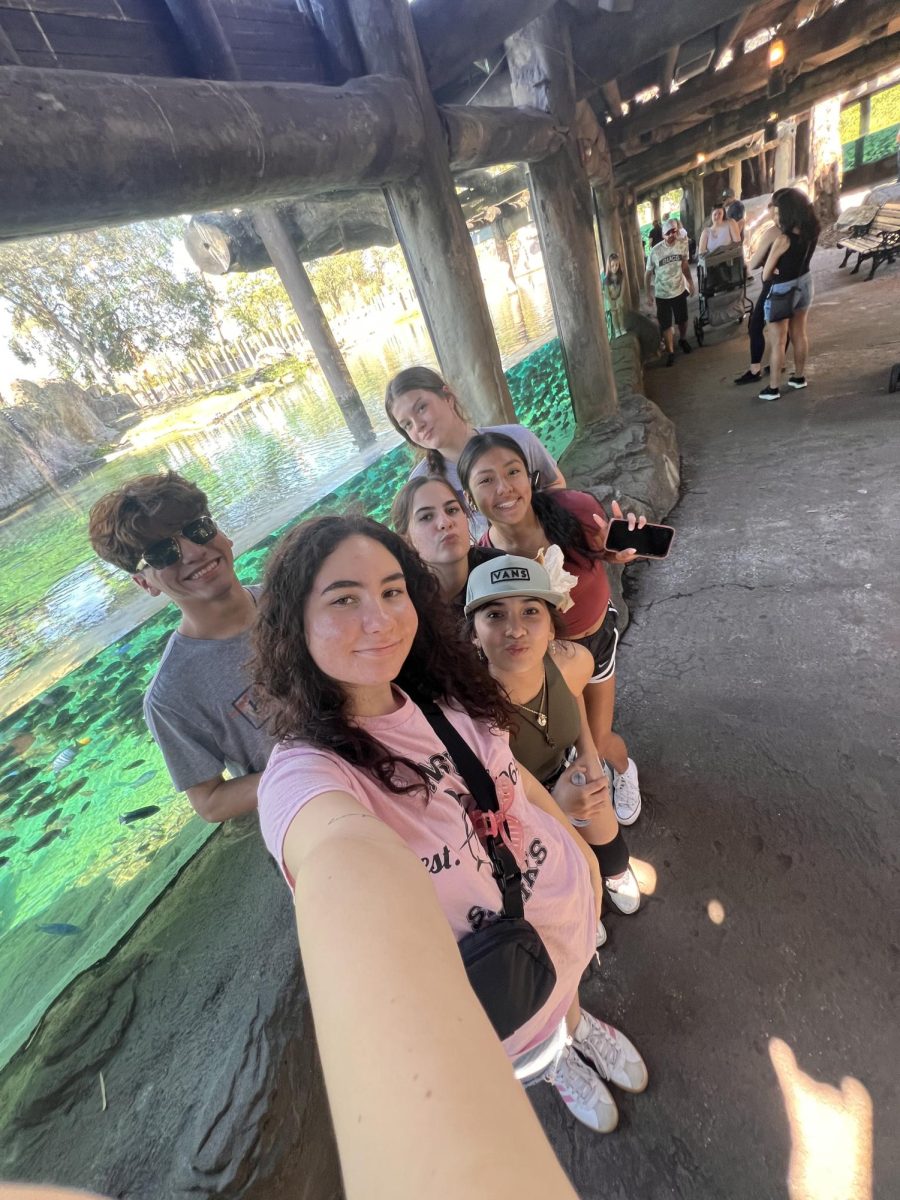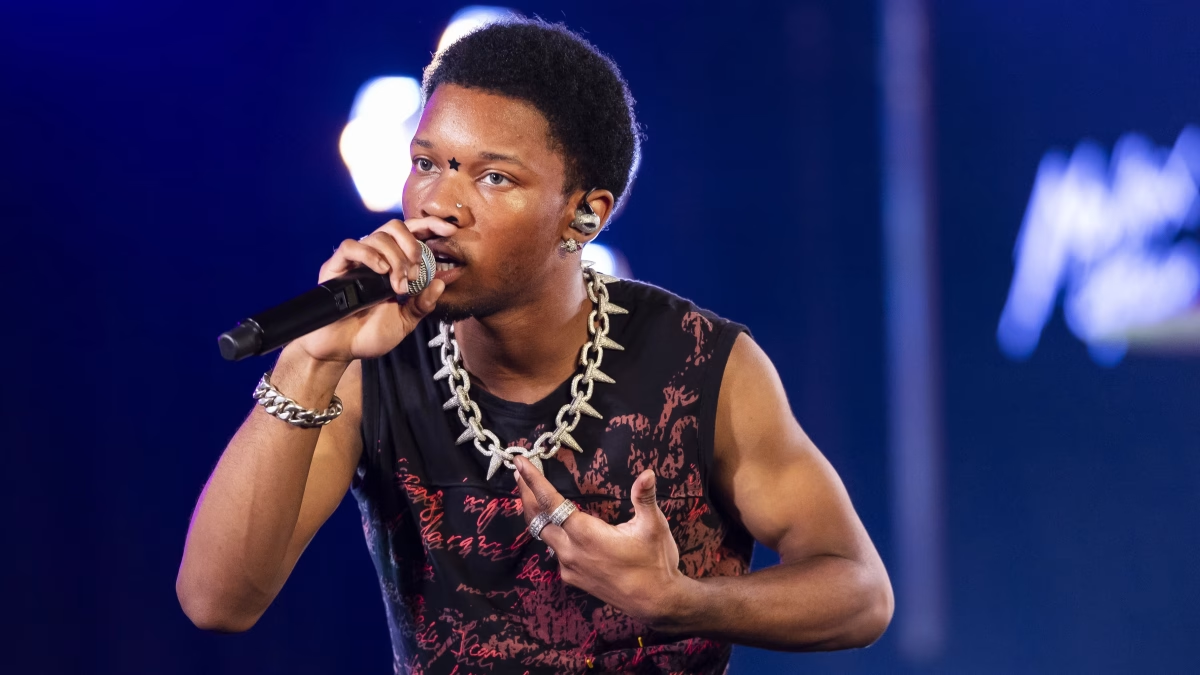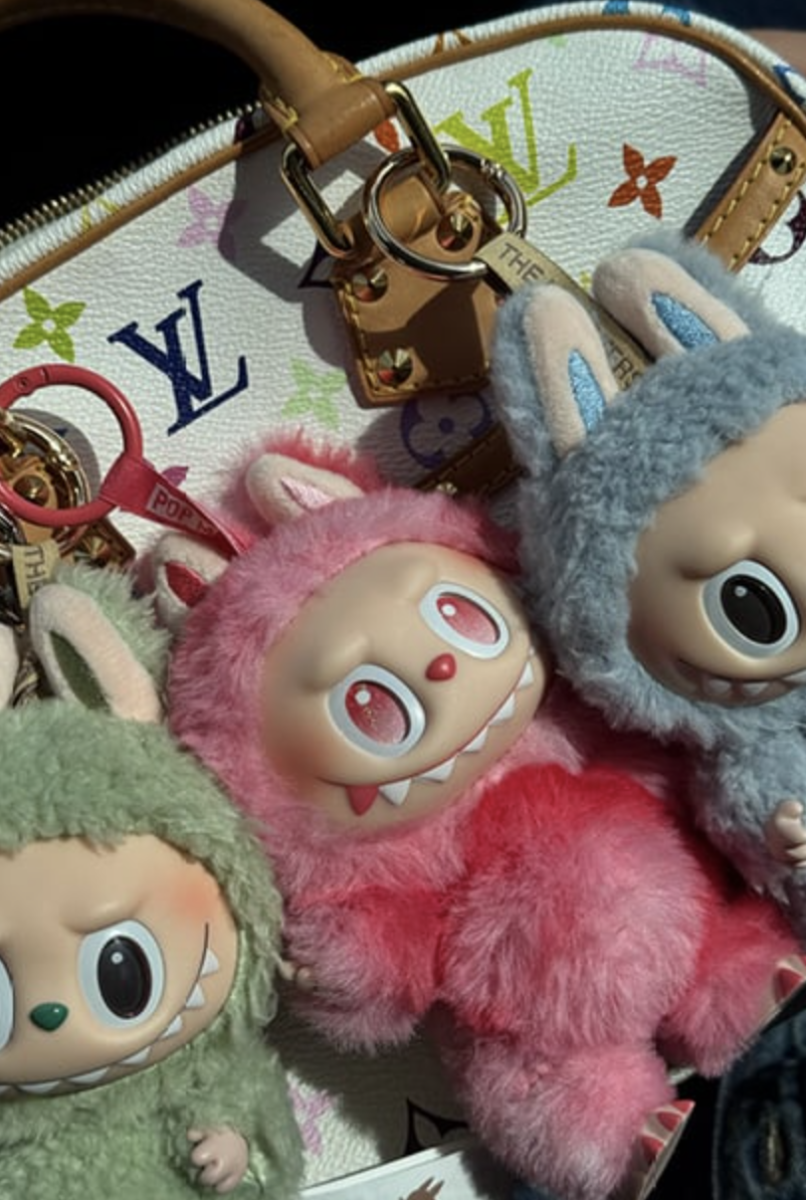David Anthony Burke, more commonly known as d4vd, is a popular alternative music artist who rose quickly to fame in the last few years. However, d4vd is now in hot water with not only his fans but also federal investigators following the discovery of a body in the trunk of a car registered under d4vd’s name.
This investigation has raised many questions, one of which being whether or not you can separate the art from the artist. This has long been a debate amongst fans of many different kinds of media.
Out of 129 students at Cypress 68% answered that they do separate the art from the artists and still consume media created by those involved in public controversies. 18% said that they do not, while another 14% answered that it depended on the case. These statistics drastically changed when students were asked to give a specific example of something that would lead them to turning away from an artist. Out of the 88 students who originally answered yes, 90 percent changed their answer to a case by case basis.
What is enough to deter the students of CLHS from their favorite artist? Many students answered that conviction of a violent crime, sexual assault, or any crime related to underage victims would be enough to change their mind. However, most students also said that they are able to overlook controversial public statements. For example, Jacob Johnson stated, “It depends on how their beliefs are represented in their music, if it’s unrelated to what they said outside of music then I usually still listen.”
Carter Gurule echoed this sentiment saying, “J.K. Rowling obviously said a lot of hateful things, but I had bought the books before that happened and still read them because she doesn’t earn any more money from me that way.”
The idea of keeping controversial artists from earning more money was also very popular around Cypress. Rory Farrell said, “I might still listen to the music depending on if their views are reflected in it or not, but I definitely wouldn’t purchase any merch, concert tickets, or physical copies of their music.” Farrell added, “It’s okay to still enjoy something regardless of who created it but you have to be mindful of whether or not you’re still giving that artist the benefits of their work.”
There are a large number of cases, especially in the music industry where the line in the sand becomes very blurry. For instance, Kanye West is still an extremely popular artist who has gone on several world tours since his controversy came to light. While on his Saint Pablo tour he launched into an erratic and offensive rant on stage before leaving and cancelling 21 further tour dates. Soon after it was released he had been diagnosed with bipolar disorder, many fans defended his music because of this fact, claiming that he didn’t mean the things he was saying.
However, the other side of the argument has found evidence of his antisemitic beliefs in songs he released in 2007. Many people also reported still listening to Drake, a rapper who in 2024 was alleged to be a sexual predator but never had criminal charges or a conviction brought against his name. The lack of conviction gave fans a reason to stick around, as opposed to Chris Brown who was almost entirely abandoned by his fanbase after being convicted of both physical and sexual assault throughout his career.



